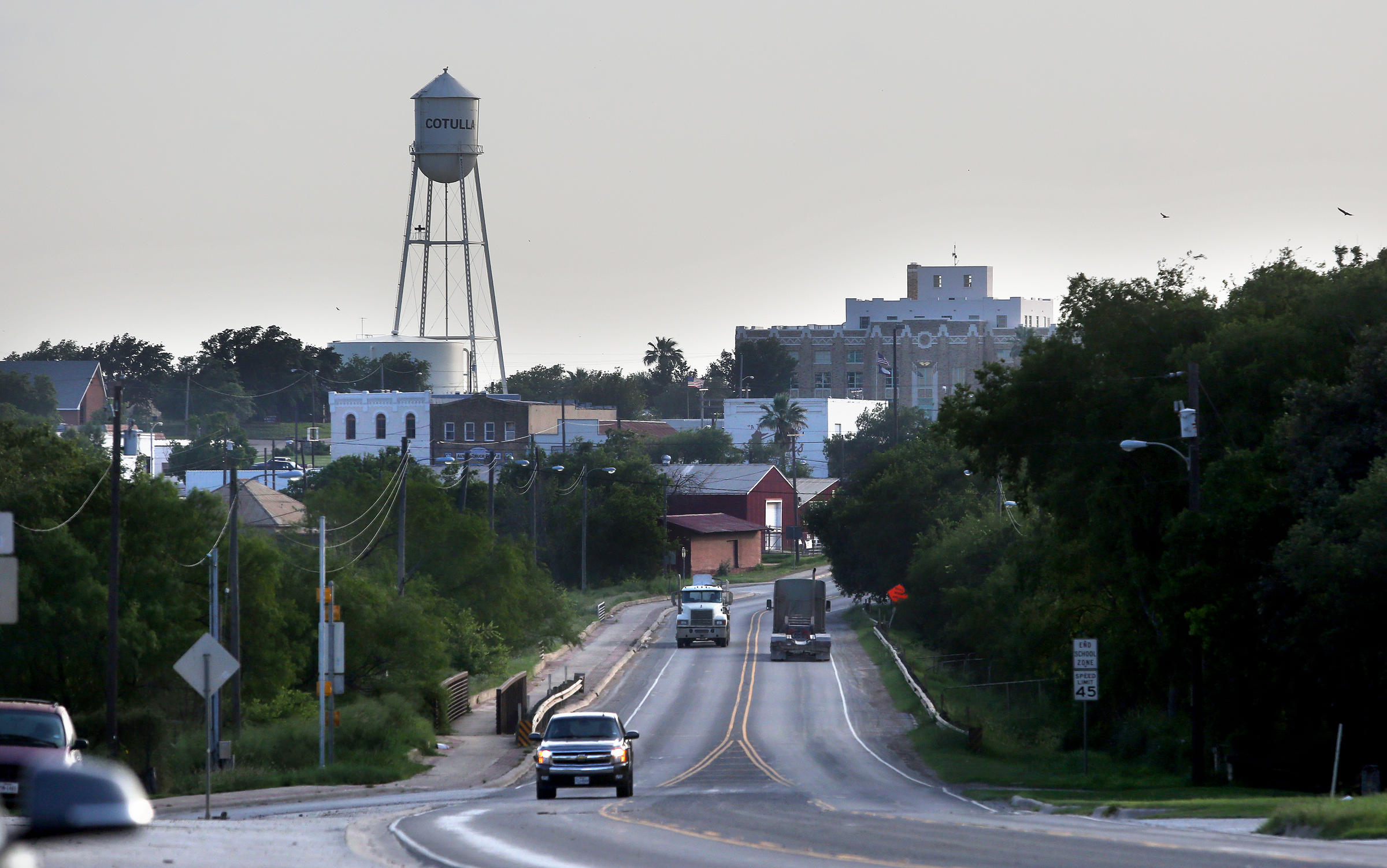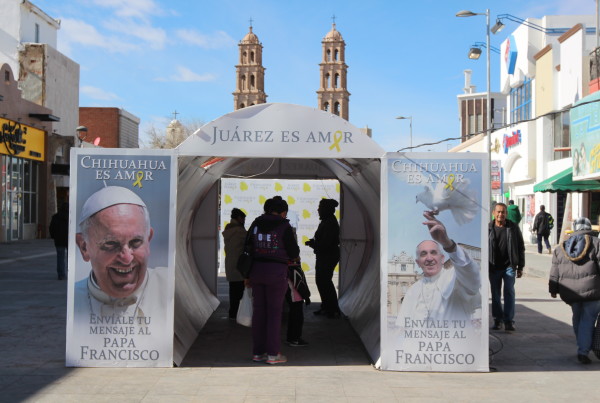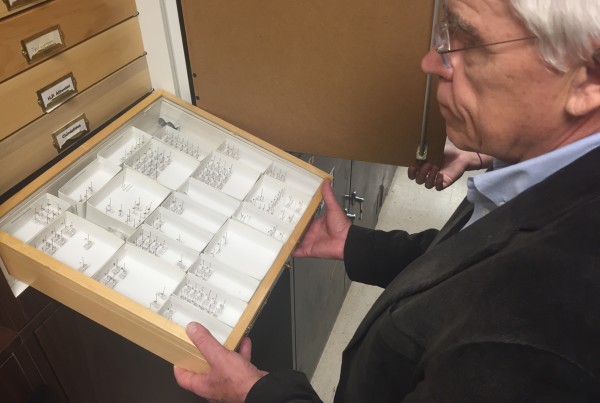This story originally appeared on KUT.
Deep in South Texas oil country, there’s a place known as the “Hotel Capital of the Eagle Ford Shale.” More than 20 hotels were built in the small town of Cotulla during the oil boom, but that boom came to a standstill in 2015.
KUT reported on the town a year ago and recently returned to see how Cotulla and other oil towns are faring.
Of all the hotels that opened in Cotulla, there was nothing like the Malana.
It sits off the highway, one of the first hotels you see after driving through miles of flat South Texas brush country. It’s right in the middle of the oil patch, but its tiled façade looks like something you’d see in L.A. or Miami. Its website boasts 75 rooms that are “eclectically modern.” It promises not just comfort, but sophistication.
Now, it lies vacant. The parking lot is empty, and it appeared to be closed down. The only sounds were the hum of highway traffic and a flag getting whipped around by the wind.
“If things had gone the right way – and even if the market had adjusted – I think we could have been okay,” says Bob Zakariah, who led the investment group that owns the Malana. “But the $27 to 30 is not something that is sustainable for anyone. We can’t pump money into a building that, unfortunately, will not give a return in the immediate.”
The $27 to $30 he’s talking about was not the cost of a room; it’s the price of a barrel of oil. He says when the new hotels in Cotulla were built, the developers were betting oil prices would stay higher, which would bring in more oil workers to fill the rooms. But, the sustained crash went against those projections.
Zakariah says he realized it was seriously bad news about six months ago.
“You knew when you saw the companies – the Rutherfords, the Halliburtons – were starting to lay people off en masse,” he says.
The layoffs have rocked local economies. In Cotulla, sales tax and hotel tax collection has dropped by around 40 percent, says City Administrator Larry Dovolina. He says the one silver lining is that, at least the city expected it.
“We had anticipated it, and the mayor and city council projected it in accordance with the budgets that they adopted,” Dovolina says.
In December, Congress lifted a decades-long ban on exporting crude oil. Dovolina is hopeful that might re-invigorate the industry – he says he thinks everyone in town is banking on that.
But most analysts say it’s not likely to happen soon. And, on the streets of Cotulla, people express almost a sense of betrayal that things went bust so quickly.
Silvia Casillas and her sister Enedelia both lost their jobs as maids at a trailer park that rented to oil hands when it closed down.
“My last day of work was [Nov. 7], and that was it,” Silvia says. “They said that [the jobs] would [last] 20 years, with the oil boom and everything.”
Silvia and her sister are sitting in their car a few blocks from the railroad tracks, waiting for a county food bank to open up. They say they can’t find work and were wondering what happened to that 20-year promise.
But Texas A&M graduate student Trey Murphy, who’s studying small towns in the South Texas oil patch, isn’t sure where the 20 years number came from.
“I heard it everywhere everywhere, all over the Eagle Ford Shale,” Murphy says. He’s studying towns like Cotulla to see if they exhibit a phenomenon called the “resource curse.” It’s a term usually reserved for developing countries that are rich in natural resources, but for whatever reason can’t advance their economies.
Murphy says his research deals with social disruption and worsening economic inequality, which is exactly what he’s finding in some Texas towns. He says some towns are dealing with the resource curse better than others by keeping financial reserves, diversifying industries and planning ahead.
In Cotulla, Dovolina says the Malana hotel might be repurposed into a retirement home. But if oil doesn’t rebound soon, Zakariah says, his hotel won’t be the last one here to go under.















